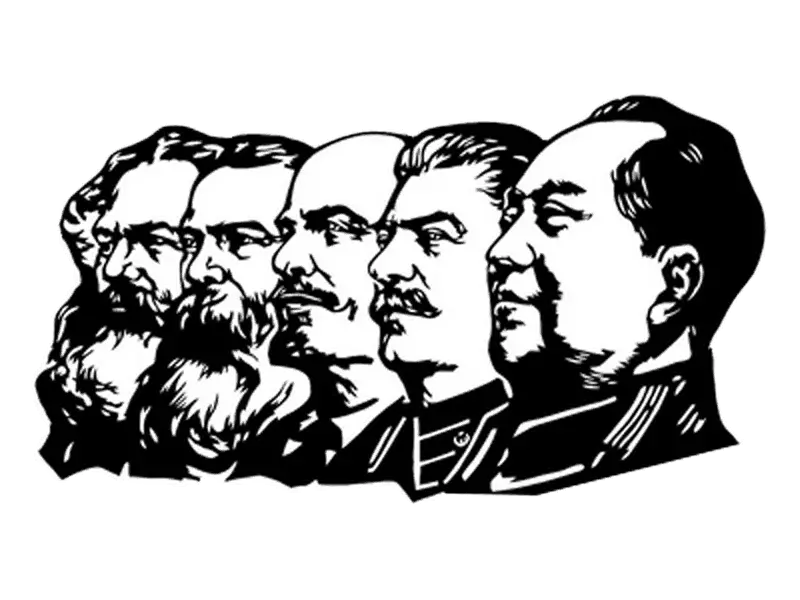What is Egalitarianism?
Introduction
Egalitarianism is a doctrine in moral and political philosophy that maintains the equality of all people. By and large, equality is understood as appearing equal under law, rather than social and/or economic equality. Nevertheless, Egalitarianism does highlight that human beings are to be treated equally with regards to social and economic rights. It thus advocates the removal of all kinds of inequalities that could lead to political inequality. Most common aspects of equality for Egalitarianism is the removal of discrimination on the grounds of race, gender, ethnicity, sexual orientation, disabilities, religion, etc. Etymologically, Egalitarianism is derived from the French égal, which translates as ‘equal’ or ‘level’. The earliest use of the term is from the early 1830s and is likely the result of the French Revolution and the motto Liberté, Égalité, Fraternité (ou la Mort).
Egalitarianism is upheld by most political systems and political philosophies. Especially various forms of Anarchism, Communism, Marxism and Socialism have upheld various degrees of Egalitarianism. Due to the difficulty of assessing ‘equality’, the degree of equality has become a contested issue with respects to classifying political systems as egalitarian. For example, while contemporary Western representative democracies could be classified as egalitarian by law (at least in wording), the practice shows varying degrees of discrimination. A typical example is the Constitution of the United States of America, which established equality before the law at its inception with the words “all men are created equal”. Nevertheless, the practice shows that equality remained (and some argue still remains) absent for Black slaves and women (and other groups) for over a century.
Types of Egalitarianism
While Egalitarianism is commonly understood as political equality, there are other kinds of equality that Egalitarianism may refer to. Usually, moral and political philosophers referring to Egalitarianism would usually accept most of the positions below. For example:
- Christian Egalitarianism is the view that all people are equal in the eyes of God. Curiously, Christian Egalitarianism is primarily a self-reflexive doctrine of the Church that looks at the internal inequalities and promotes gender equality in the Christian Church.
- Economic Egalitarianism is the view that holds that human beings should have equal access to the economic resources within the state, including natural resources and capital. Equality is understood as leveling access to the means of material production. It is thus sometimes also called Material Egalitarianism and is commonly associated with different forms of Marxism and Socialism.
- Gender Egalitarianism is the view that power within a society is equally distributed between men and women. Also known as Zygarchy, Gender Egalitarianism emphasises that political power is shared equally within political institutions. Some forms of Gender Egalitarianism is extended to the structure of the family and thus view parents as equal agents.
- Legal Egalitarianism is the view that all people should be equal before the law. Moreover, each individual’s written and spoken statements in court should be weighed equally. Legal Egalitarianism also emphasises that equality is to be understood as not treating any group of people as having special privileges.
- Luck Egalitarianism is the view that distribution of goods and services in a given society should take into account that some people have had no say in their position in that society and have simply been on the negative side of luck. For example, some people are born with disabilities and have little to no potential in influencing their socio-economic position, and should therefore be distinguished from those agents who have made choices and have developed into a better socio-economic position. In other words, Luck Egalitarianism distinguishes between the outcomes that were results of luck and those that were the result of choices.
- Moral Egalitarianism is the view that emphasises the centrality of equality in justice. Moral Egalitarians view all people as deserving of respect and having the same fundamental worth and moral status.
- Opportunity Egalitarianism is the view that in order to reach equality, a society is to redistribute the resources in the form of capital grants, so that all its members are able to reach an equal standing in economic matters. Also known as Asset-based Egalitarianism, the idea is far from novel and has been around since at least the Declaration of Independence in 1776, under the leadership of Thomas Paine.
- Political Egalitarianism holds that the members of a society should have equal share of political power. This extends to such notions as voting and access to political representation, but also such notions as influence. Political Egalitarianism is often associated with (liberal) democracy.
- Racial Egalitarianism is the view that in law as well as practice there should be no racial discrimination. This includes the early segregation laws in the United States or South Africa, but also the less concrete segregation on the basis of race in social and political institutions. Racial Egalitarianism is more commonly referred to as Racial Equality.
Further Reading
Aulino, F., Goheen, M. & Tambiah, S. J. (2013). Radical Egalitarianism: Local Realities, Global Relations, New York: Fordham University Press.
Harvey, M. & Geras, N. (2018). Inequality and Democratic Egalitarianism: Marx’s Economy and Beyond and Other Essays, Manchester: Manchester University Press.
Hirose, I. (2015). Egalitarianism, New York: Routledge.
Waldron, J. (2017). One Another’s Equals: The Basis of Human Equality, Cambridge: Harvard University Press.







